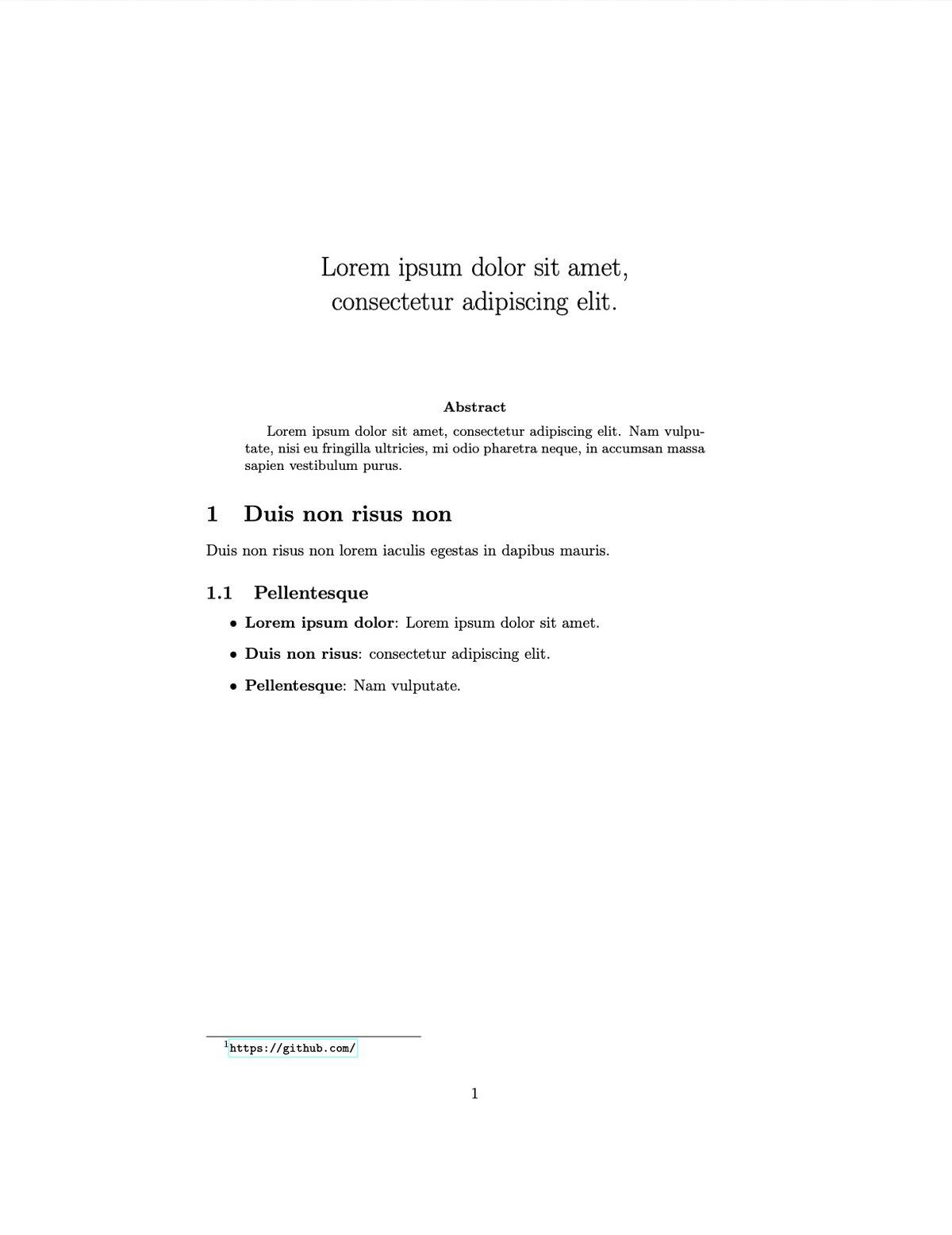PDF to LaTeX converter
Let's just start off by saying that we will not train on any of your data. If you want to know how we process your data you can read more in our privacy policy :)
This a simple PDF to LaTeX converter. It works by using a multimodal LLM model, the PDF is first converted to images, then the images are converted to LaTeX. The model is trained on a large dataset of PDFs and their corresponding LaTeX code.
What can be expected?
- The model will try its best to generate the LaTeX code to reproduce the pdf. But this is not always possible, especially for very complex documents. Your milage may vary.
- Images will not be copied over, but a reference will be made to the image file. You will need to manually copy images over to the appropriate location.
- Some issues can occure with available packages and fonts. You may need to install additional packages or change the font in the generated LaTeX code.

\documentclass{article}
\usepackage[utf8]{inputenc}
\usepackage{graphicx}
\usepackage{hyperref}
\usepackage{amsmath}
\title{Lorem ipsum dolor sit amet, \\consectetur adipiscing elit.}
\author{}
\date{}
\begin{document}
\maketitle
\begin{abstract}
Lorem ipsum dolor sit amet, consectetur adipiscing elit.
Nam vulputate, nisi eu fringilla ultricies, mi odio
pharetra neque, in accumsan massa sapien vestibulum
purus.
\end{abstract}
\section{Duis non risus non}
Duis non risus non lorem iaculis egestas in dapibus mauris.
\subsection{Pellentesque}
\begin{itemize}
\item \textbf{Lorem ipsum dolor}: Lorem ipsum dolor sit amet.
\item \textbf{Duis non risus}: consectetur adipiscing elit.
\item \textbf{Pellentesque}: Nam vulputate.
\end{itemize}
\footnotetext[1]{\url{https://github.com/}}
\end{document}